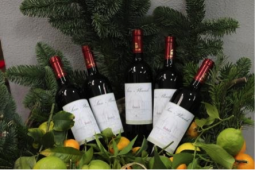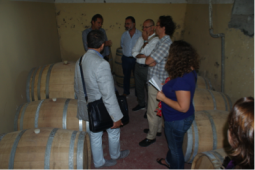High Level Training for Sustainable Food
April 24, 2013
Contributor: ITS Albatros Foundation, ITC “Minutoli” – Agricultural Section “Cuppari” High School, Messina
Workshop: Social inclusion, job creation, economics / Education/formation and research sustainable food
Traditions, environment and food for innovative youth enterprises.
The University of Messina has established a Master in Economics of the Food System and Valorisation of Quality Production. Some higher technical institutes have sponsored a course for the enhancement of local products.
In 2012, the “Albatros Foundation” was created (see www.itsalbatros.me.it) which is connected to the Professional Tourism High School, some local firms of agricultural production, other foundations, the Chamber of Commerce of Messina, the Province of Messina, and producer associations.
This foundation is the only highly specialized technical institute in Sicily that operates in the field of “New Technologies for Made in Italy Food Systems”. In addition to the purpose of providing companies with highly trained technicians, it aims to promote and disseminate the culture of innovation, with support and technology transferred to food business operators.
The students of the “Cuppari” Agricultural Institute produce grapes and the Faro DOC wine named “San Placido” (2012) (see http://www.tempostretto.it/news/vigneto-certificato-istituto-agrario-cuppari-presenta-san-placido-vino-faro-doc.html).
In the long term, there is an increase in youth entrepreneurial activities particularly aimed at spreading the traditions associated with local products and local production.
In the city, new professionals are training to become involved in marketing for the promotion of local products.
Traditional quality products will be instruments for reviving the local economy.
Pro:
A re-evaluation of agricultural jobs, the environment and a better quality of food.
Contra:
The high fragmentation of enterprises (especially new ones) could be a problem for them to survive in the long term. The cooperative farms give better results with respect to the conditions imposed by the market.
What are the lessons learn to be used/transferred/implemented in the other partner cities?
- A high increase of awareness of our traditions and the preservation of the environment.
- A true example of the direct link between the cultural heritage, the schools and jobs.

